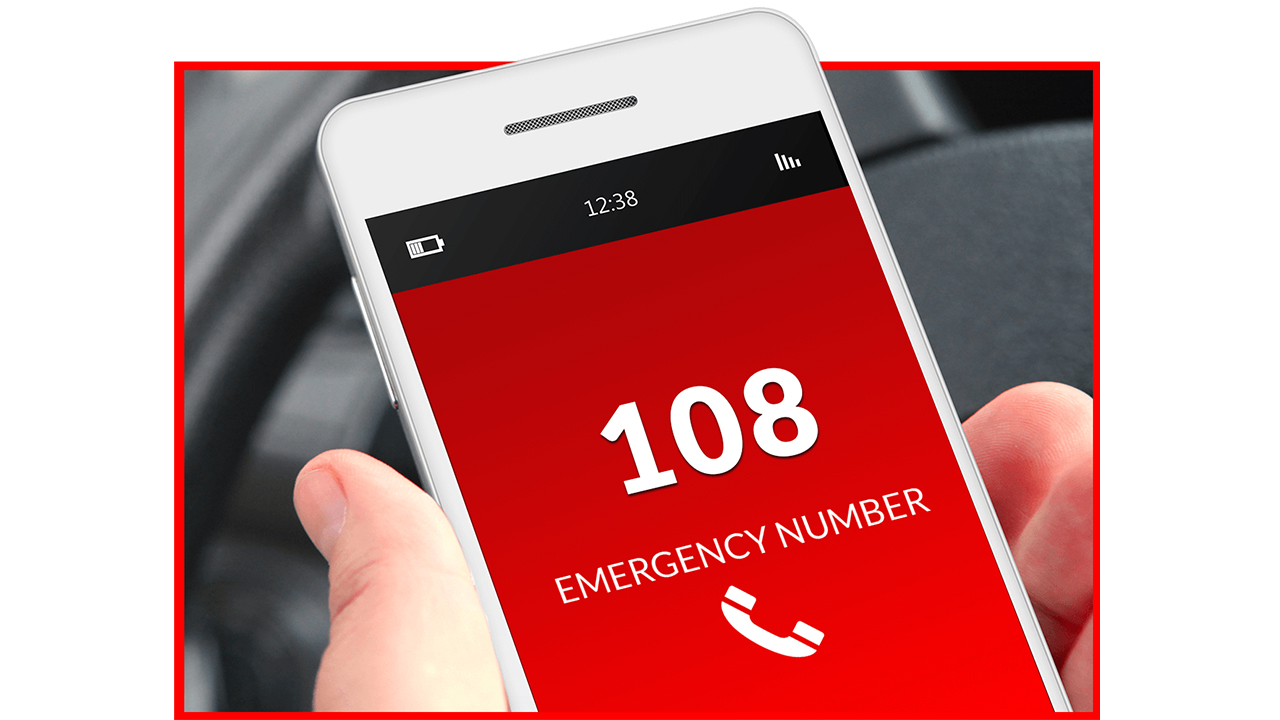A stroke occurs when the blood supply to one’s part of the brain gets interrupted or reduced, preventing brain tissue from getting oxygen and nutrients. Thus, brain cells begin to die in minutes. It is a medical emergency and requires prompt treatment. Golden hour (period of 4.5 hours) is vital for treating patients with stroke. To spread awareness regarding the timely treatment of stroke, Mumbai Stroke Society in association with Global Hospital, Parel and The Rotary Club of Bombay Worli has come with an interesting and informative Brain Saving training session in the 108 ambulances for doctors who are appointed to treat patients who call for 108 Emergency Ambulance Services.
Present on the occasion were Actor Shreyas Talpade, Mr. Dilip Jadhav, Project Director, EMS National Health Mission, Mumbai, Maharashtra, and Rtn Harjit Singh Talwar, District Governor (Rotary).
Stroke is known as one of the leading causes of death and disability in India. The incidences of stroke are rising at an alarming rate. To help Mumbaikars get that prompt treatment in the golden hour, the state government of Maharashtra has come up with 108 emergency ambulance services that have been started to help patients deal with a stroke, fire injuries, road accidents, and cardiac arrest. To allow doctors to tackle stroke at the right time, this training session is much-needed.
Dr. Shirish Hastak, Regional Director, Neurology, Stroke & Neurocritical Care, Global Hospital says, “There are few steps to resuscitate the brain after a stroke and those steps are called ABCD3 that means A stands for Airway, B for breathing, C for circulation, D for the deficit, duration, and drug. ABC is well-established but D3 isn’t. It is time to take stroke seriously and nip it in the bud.”
He added, “Currently, there are 937 emergency ambulances in Maharashtra, and around 2600 B.A.M.S. or B.U.M.S doctors. In Mumbai, there are about 112 ambulances and the doctors are trained for advanced life support, basic life support and disaster management. The average time taken to reach the patient site (after notification) is 18.75 minutes), and an average time taken to reach Hospital from the patient site is 26.25 minutes. This training session will help Mumbai become stroke smart, and save hands, legs, and speech of the patients during the golden hour.
Dr. Vivek Talaulikar, Chief Executive Officer, Global Hospital, Mumbai says, “Global Hospital has been at the forefront in creating awareness about first aid management in medical emergencies. We have joined hands with the Mumbai Stroke Society to make the citizen's Stroke Smart. This training session will enhance the knowledge of the doctors of the 108 Ambulance regarding the management of Stroke patients during the Golden Hour. Global Hospital is well-equipped in treating all levels of stroke and aims to provide round-the-clock care to stroke patients. In addition, through this initiative, we aim to empower more doctors through collective knowledge which will benefit the society at large.”
Actor Shreyas Talpade says, “I am glad that Mumbai Stroke Society and 108 Ambulance team have associated with Global Hospital, Mumbai for an initiative which will touch umpteen lives through timely intervention and creating awareness of managing stroke in Golden Hour. Continuous learning and enhancement of skills is very important to better the medical outcomes. I am happy to be a part of this drive as more and more skilled emergency medical services team would not only save more lives but also give patients a better quality of life.

 230 Doctors From 108 Emergency Ambulance Services will be Trained to Manage Stroke During the Golden Hour
230 Doctors From 108 Emergency Ambulance Services will be Trained to Manage Stroke During the Golden Hour








.jpg)
.jpeg)










.jpeg)



.jpg)






.jpg)


